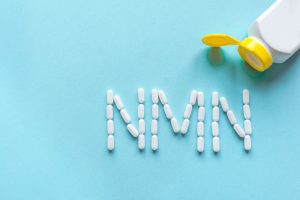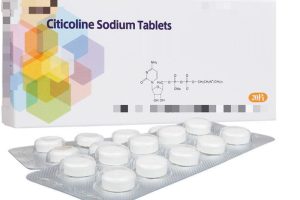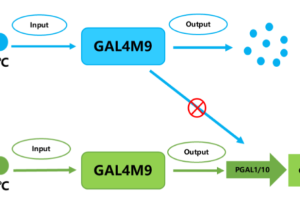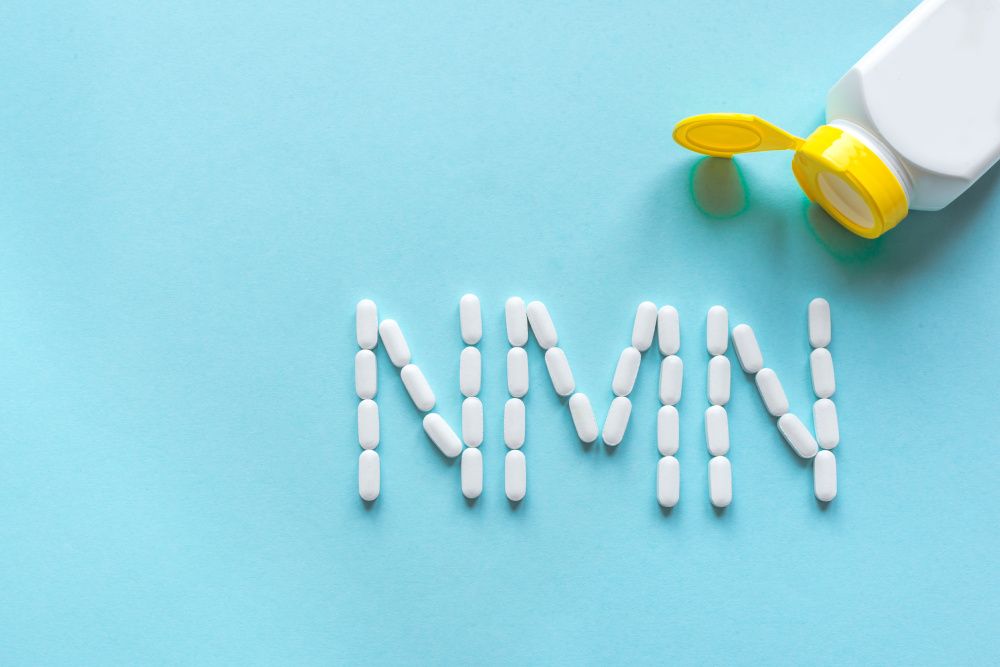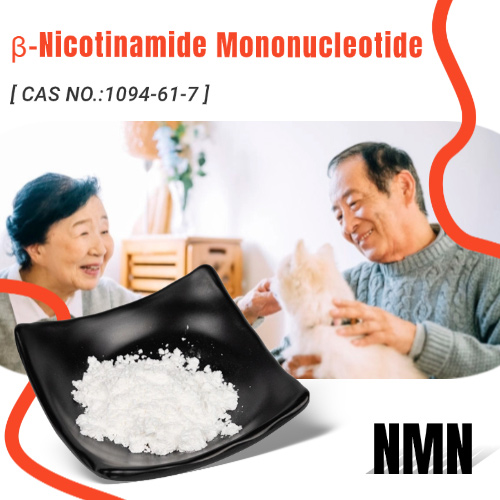Among many anti-aging studies, NAD+ (nicotinamide adenine dinucleotide) has attracted much attention due to its key role in cell metabolism, DNA repair, cellular immunity and aging processes.
As science advances, so do our understanding of aging and strategies to combat it.
Explore the mysteries of NAD+ and learn how it has become a star molecule in the anti-aging field.
source of NAD+ cell vitality
NAD+ is an important coenzyme in cells, widely involved in thousands of biocatalytic reactions.
It is not only a key molecule in cellular energy metabolism, but also plays an important role in DNA repair, gene expression regulation, and cellular stress response.
Levels of NAD+ are strongly associated with cell health and function, and decreased levels have been directly linked to a variety of age-related diseases.
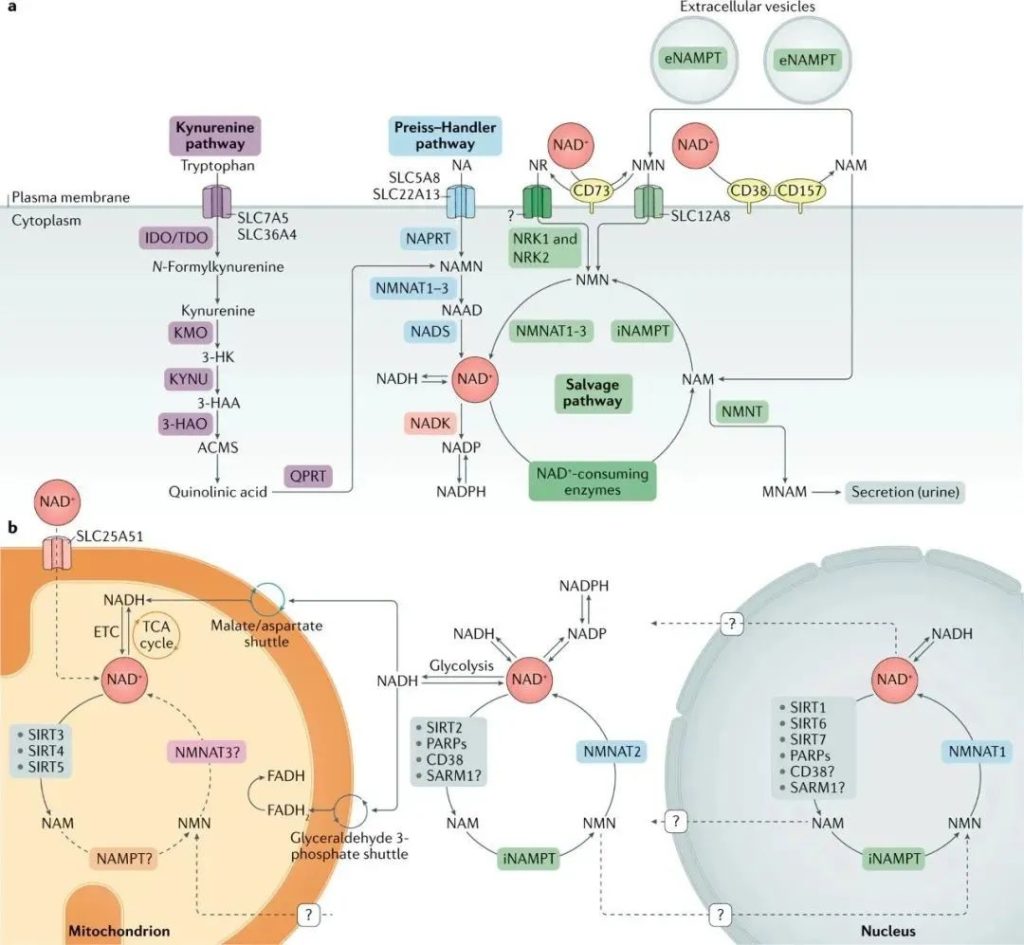
1. Energy metabolism and NAD+
NAD+ plays a crucial role in cellular energy metabolism. It is involved in the tricarboxylic acid cycle, which promotes the conversion of nutrients such as glucose, fats and proteins into adenosine triphosphate (ATP), the energy needed by cells.
Adequate levels of NAD+ ensure that cells produce energy efficiently and maintain the normal functioning of organs and tissues in the body.
2. DNA repair with NAD+
DNA damage is an important factor in aging and many diseases.
NAD+ is involved in the DNA repair process, activating PARP (polyADP-ribose polymerase), which is able to recognize and repair damaged DNA.
By maintaining the stability of the genome, NAD+ helps reduce the risk of cancer, neurodegenerative diseases, and more.
3. Biological clock and NAD+
The body’s biological clock is crucial to health, affecting many physiological processes such as sleep, metabolism and immunity.
NAD+ plays an important role in regulating the body clock by activating clock genes and maintaining a normal circadian rhythm.
As we age, NAD+ levels decline, which can lead to disruption of the body clock, which in turn affects sleep quality and health.
4. Immunity and NAD+
The normal function of the immune system depends on the activity of immune cells.
NAD+ can enhance the activity of immune cells and improve the immunity of the body.
It can promote the proliferation and differentiation of immune cells such as macrophages and natural killer cells, and enhance their ability to phagocytic pathogens and kill cancer cells.
Declining NAD+ levels: accelerator of aging

As we age, the body’s ability to synthesize NAD+ gradually declines.
The synthesis of NAD+ requires a variety of precursor substances, such as tryptophan, niacin, niacinamide, etc.
Aging may lead to a decrease in the absorption and utilization of these precursors, as well as a decrease in the activity of the enzyme that synthesizes NAD+, resulting in a decrease in NAD+ levels.
The decline in NAD+ levels is closely related to the speed of the aging process, and changes in environmental homeostasis within NAD+ can be found in almost all age-related diseases.
NAD+ research provides us with a new perspective on anti-aging, but scientific supplementation of NAD+ needs to be done carefully, with the full guidance of professionals, combined with a healthy lifestyle, in order to better play its role and escort our health.
Let us look forward to more breakthroughs in NAD+ research, bringing more possibilities for human health and longevity.



